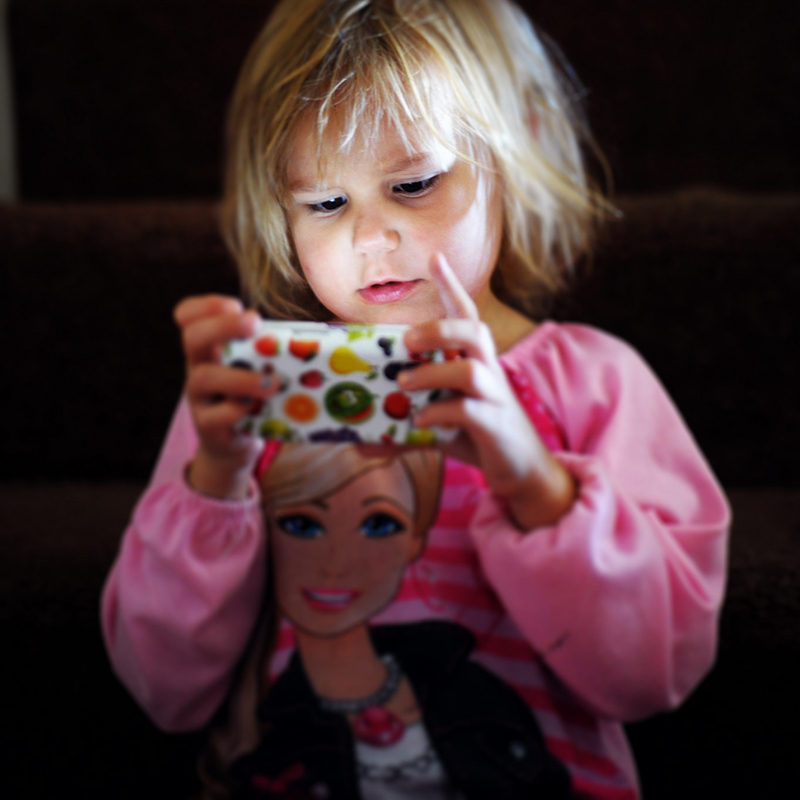- Study Says Most Parents Don’t Use Car Seats In Ride Share Vehicles Like Uber
- This 12-Year-Old Boy Is A Sophomore Aerospace Engineering Major!
- Fire Safety Experts Warn Of Hand Sanitizer Danger After A Mom and Kids Escape House Fire
- Recall Alert: Peaches May Be The Cause Of Salmonella Outbreak, 68 People Ill
- Summer Vacation In The Days Of COVID: Tips To Stay Safe
- How To Safely Grocery Shop During The Coronavirus Pandemic
- Michigan Teen With Vape-Related Illness Undergoes Double Lung Transplant
- Teen Kicks Off Anti-Vaping Campaign From Hospital Bed
- Teenager Receives Life Sentence For Strangling Sister To Death Over A Wi-Fi Password
- Toddler Falls To Death From 11th Deck of Cruise Ship
Evidence Why Toddlers Shouldn’t Stare At Touch-Screen Devices For Too Long


It’s not unusual to see toddlers and children playing on touch-screen phones and tablets these days.
Children are fast learners – so much so that it’s easier for them to pick up on new technology, which makes touch-screen phones and tablets the perfect toys for them.
The devices keep kids distracted, can teach them educational games, and can even help them work on fine motor skills.
With educational apps and fun child-centered games, parents can feel reassured that kids are still learning and doing something productive.
However, a new study published in Scientific Reports claims that there’s one major drawback to letting young kids use technology with touch screens.
Researchers found that toddlers who use touch-screen devices get less sleep than children who don’t use these devices. Researchers already knew that traditional screen time, like television and video games, has been linked to childhood sleep problems, so they wanted to see if touch-screen devices created the same issues.
They found that touch-screen time can cause disrupted sleep in young children and toddlers. For every extra hour of touch-screen tablet use, children slept an average of 15.6 minutes less.
Although there was an effect of touch-screen use on the amount of overall sleep, researchers didn’t find any association between touch-screen use and night-time awakenings. Researchers think there are a number of reasons why touch screens cause kids to get less sleep – One being that they might stay up later at night playing on touch screens. They may also be too excited to fall asleep.
The third likelihood is that, like adults, kids are affected by the bright light from touch-screen devices, which can affect circadian rhythms and suppress melatonin.
So, should you ban your children from using touch-screen devices altogether?
Research says probably not. Researchers say it’s all about a balance. The American Academy of Pediatrics recommends kids get no more than an hour a day of screen time, whether traditional or touch screen).








0 comments